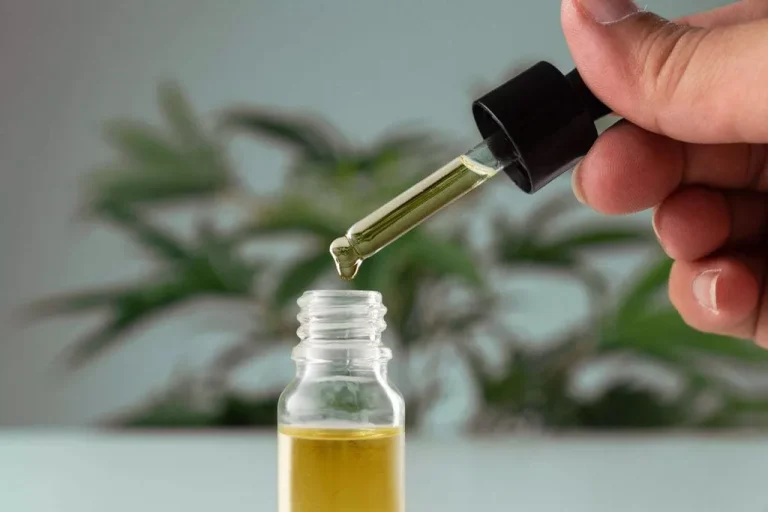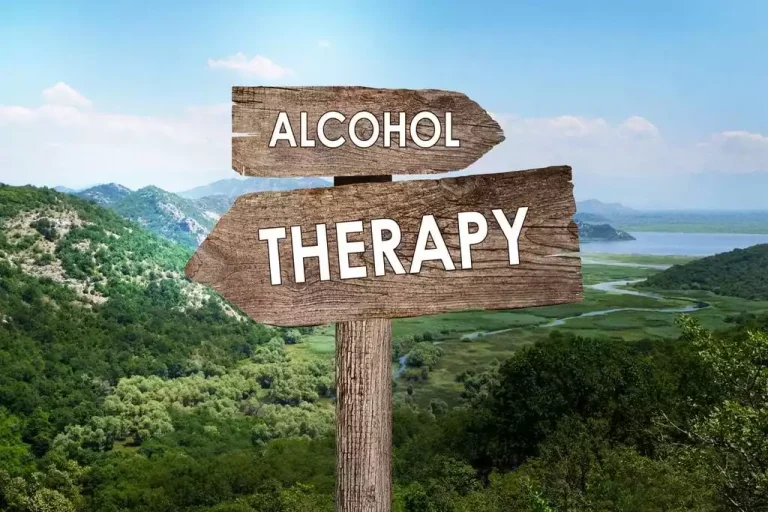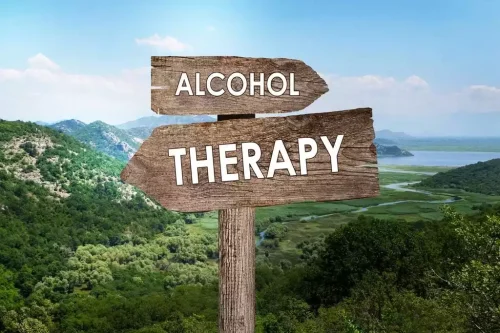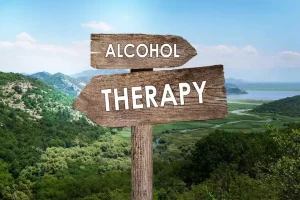
Anger is an intense emotion you feel when something has gone wrong or someone has wronged you. Aggression refers to a range of behaviors that can result in both physical and psychological harm to yourself, others, or objects in the environment. Alcohol withdrawal symptoms symptoms can range from mild to severe and typically appear within hours to a few days after the last drink.

You guys care, you really do. This isn’t just a machine.
In addition, it’s possible for factors other than alcoholism (relationship/family problems/unemployment)to contribute towards more severe episodes of hostility in some people who abuse alcohol. Understanding why alcoholic’s may become hostile helps us develop better treatment methods for those with addiction issues in general. It is important to note that alcohol can exacerbate underlying anger and aggression issues rather than directly causing them. Therefore, when you are grappling with how to deal with an angry drunk, seeking professional help and alcohol rehab and treatment in Los Angeles is crucial.
How does alcohol consumption lead to changes in behavior?

It should be noted however that alcoholism does not doom one’s future prospects for living a carefree life without fear of temper tantrums. When under the influence of alcohol, individuals may find it harder to restrain their emotions, leading to anger outbursts. Additionally, alcohol can exaggerate underlying emotional issues or frustrations, bringing them to https://ecosoberhouse.com/ the surface in an uncontrolled way.
The Failure to Consider Future Consequences and Its Impact on Aggression

Alcoholism exerts a considerable emotional toll on individuals, often manifesting as regret, embarrassment, and a negative self-image. These emotions can lead to erratic behavior, including aggression and hostility, particularly towards loved ones. marijuana addiction At The Ohana, our compassionate team has first-hand knowledge about the complex relationship between alcoholism and emotional well-being. We’re here to answer your questions about anger and irritability, as a consequence of alcohol abuse. Lack of emotional support, social isolation, disengagement from recovery programs, and not treating co-occurring disorders can contribute to dry drunk syndrome.
- When these issues combine with alcohol use, you may find it harder to regulate your emotions and react aggressively.
- Secret drunks carefully hide their alcohol consumption from others.
- Understanding these changes can help manage or prevent anger when intoxicated.
- As if that wasn’t complex enough, anger can also result from inherited tendencies or brain chemistry.
But this is often easier said than done, and mean drunks can turn violent when provoked — meaning that if you share a living space with one, your safety should be your main priority. When you live with or care for someone who becomes abusive when they’re intoxicated, the consequences may well be more than just hurt feelings. Support groups and 12-step programs like Alcoholics Anonymous can also provide much-needed help. These communities offer peer support, allowing individuals to share why are alcoholics angry experiences and gain insights from others who’ve battled similar issues. Everyone breaks down booze differently due to variations in enzymes called ADH and ALDH2. These genetic differences can influence how much someone is affected by alcohol – including whether they’re more likely to become aggressive after drinking.
The Reckless Drunk
- This disinhibiting aspect of alcohol in effect paves the way for feelings to dominate thoughts and behavior.
- Neurotransmitters like serotonin play a large role in the limbic response.
- Now that we know what alcoholic rage syndrome is, can we do anything about it?
- This blog explores the psychological, emotional, and environmental factors that contribute to unexplained anger, while also outlining effective coping strategies.
- Many people who have an alternate personality when they drink look back on it clarity when they sober up.
- Chronic alcohol use disrupts neurotransmitters, which are responsible for mood and behavior, leading to irritability, aggression, and mood swings.
As a result, addicts experience feelings of discontent, emptiness, and often are full of anguish. They struggle with the idea that their alcoholic lifestyle was more exciting than their new one. Additionally, dry drunks will miss the adrenaline rush from old behaviors they do not experience in their new sober self. However, this relationship is a bit more turbulent when it comes to recovering alcoholics and anger.

.jpg)
.jpg)
.jpg)
.jpeg)
.jpg)
.jpeg)

